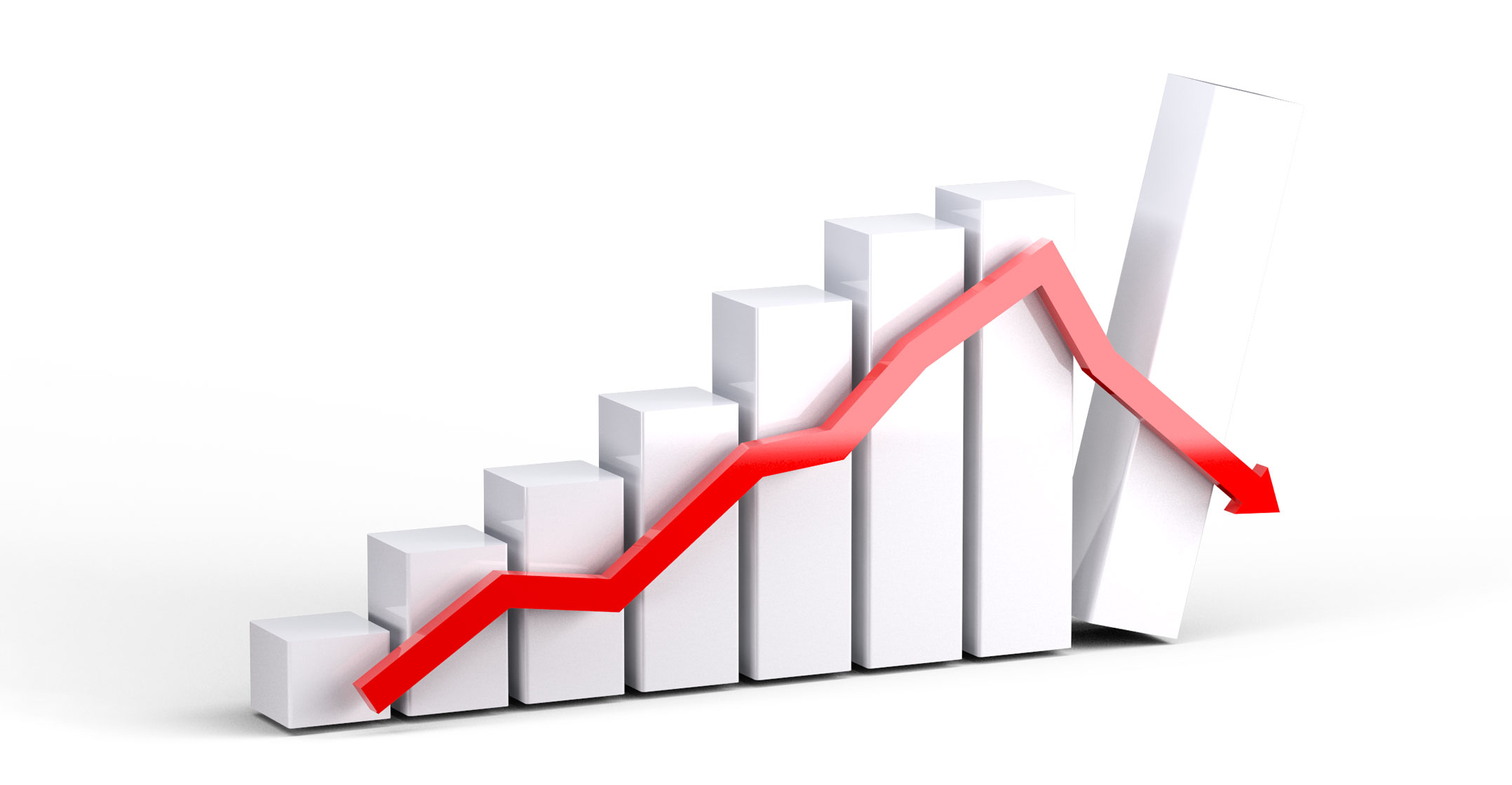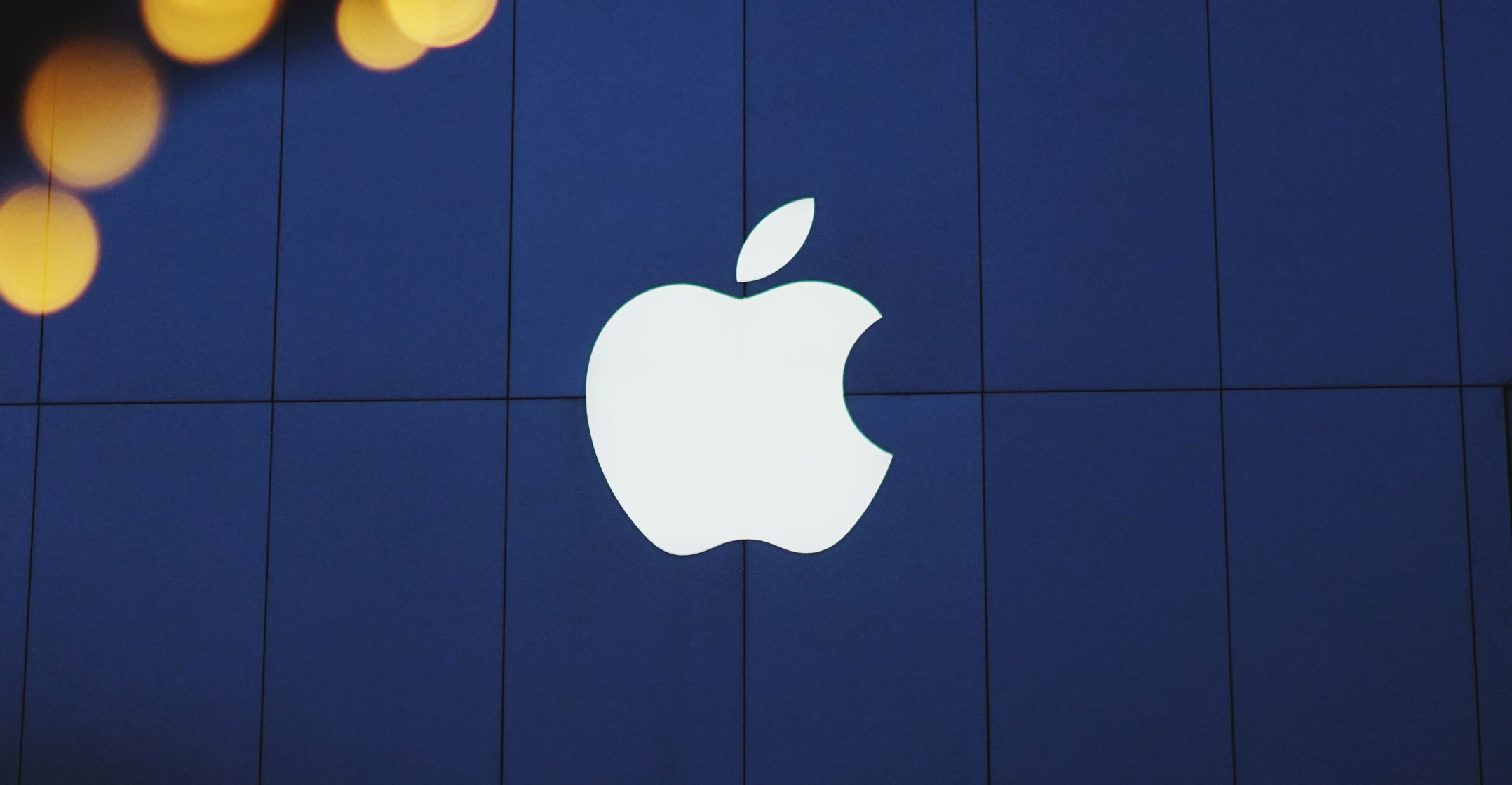 Global technology stocks are bouncing back. But distaste for what was the market’s favourite group as recently as mid-2018 is starting to spread among large swathes of money managers.
Global technology stocks are bouncing back. But distaste for what was the market’s favourite group as recently as mid-2018 is starting to spread among large swathes of money managers.
Headed into the heart of earnings season, hedge funds cut their industry exposure to the lowest level since July 2016, client data compiled by Goldman Sachs showed. Meanwhile, investors have pulled money out of exchange-traded funds tracking the group for a fourth straight month, with total withdrawals topping US$8-billion.
Blame it on whatever you want — Apple’s sales warning, the US-China trade spat and intensified regulatory scrutiny — underlying all of it is a deteriorating profit picture. This reporting season will mark the second quarter in a row where tech’s growth trails the broad market. And things will get worse before they get better. Industry income is likely to drop in at least two quarters this year, in contrast with continued expansions for the S&P 500, analyst estimates show.
“There seems to be an assumption that the world economy, especially how it has affected tech, is going to be much worse” than economists forecast, said Tom Plumb, portfolio manager at Plumb Balanced Fund of Madison, Wisconsin. “A company as well managed as Apple would within a month have to significantly reduce expectations — it made people very anxious that it might just be a cliff for all these companies.”
In part because of huge quarters booked a year ago, growth is flattening as companies like Apple fail to woo consumers to new gadgets in a saturating market while parts makers like semiconductor companies see demand from data centres slow. It’s grist for bears who say the post-Christmas rally in tech stocks is a head-fake that is doomed to fade.
Tumbling down
The S&P 500 Information Technology Index has tumbled 12% over the past six months, trailing all major industries except energy. It’s a reversal from the previous five years, when the group beat the market by almost 10 percentage points annually. Owning computer and software stocks peaked as the most crowded trade in markets five months ago, according to a survey of global fund managers by Bank of America Merrill Lynch. Now it’s long the US dollar.
With tech giants like Apple and Microsoft scheduled to announce results next week, bulls may want to find validation in the rally of chip makers. The Philadelphia Semiconductor Index jumped 8% over the past two days, the best gain in more than three years, as results from Texas Instruments and Lam Research came out better than feared.
Don’t let the rally fool you, warned Anand Srinivasan, senior analyst with Bloomberg Intelligence. Analyst estimates for coming quarters have yet to fully reflect waning demand in smartphone and data centre businesses, he said.

“When you take those two constituents out of the semiconductor industry, nothing else can make up for that,” said Srinivasan. “You lay the US-China trade war on top of that and you only amplify these effects.”
Earnings sentiment has turned against the tech industry in short order. At 7%, the expected increase in fourth-quarter profit trails S&P 500’s by more than five percentage points, the most in five years. Growth will turn negative, with income falling by at least 3% each this quarter and next.
Only once in the past 15 years has tech’s profit trajectory broken away from the rest of the market like now: in 2013. Back then, the weakness proved temporary as shares recovered after falling to one of the steepest discounts to the market.
Right now, something like the opposite is happening. Shares have held up while profit expectations soured — and valuations remain elevated. At 16.9 times forecast earnings, the industry is valued at a 7% premium to the S&P 500. That’s more expensive than 90% of the time over the past decade.
“The real question for technology is not how good or bad the last quarter was, but whether we reached some sort of a cyclical watershed a few months ago or merely entered a period of turbulence that will be followed by a smooth recovery,” said Michael Shaoul, CEO at Marketfield Asset Management in New York. “Our bias remains rewards the former outcome.” — Reported by Lu Wang and Jeran Wittenstein, with assistance from Melissa Karsh, (c) 2019 Bloomberg LP




